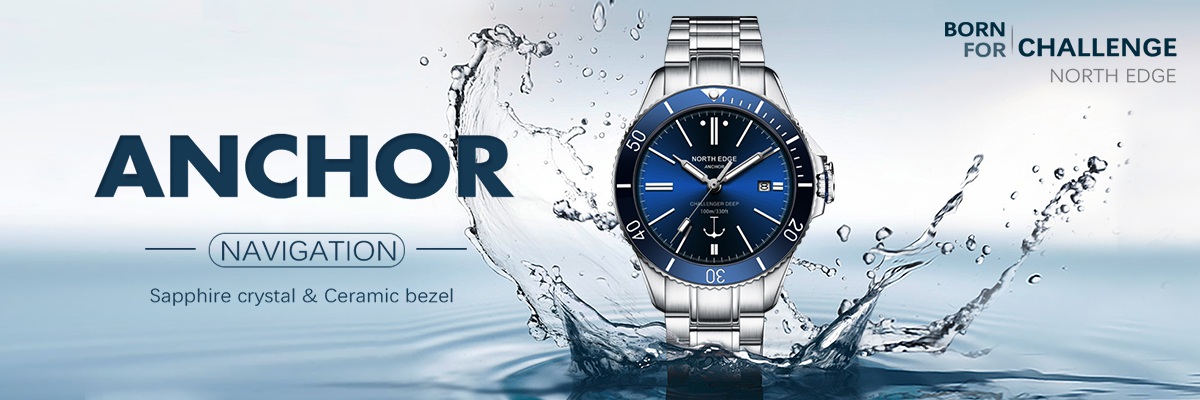The Difference between Mechanical Watches and Quartz Watches

When it comes to watches, mechanical and quartz timepieces each have their own unique charm.
Let's explore their differences.
1. Power Source: Mechanical watches rely on a spring that is wound either manually or automatically by a rotor that moves with the wrist's motion. Quartz watches, on the other hand, are powered by a battery that sends energy to a quartz crystal oscillator.
2. Accuracy: Quartz watches are highly accurate, with a daily error usually within ±0.5 seconds. Mechanical watches, however, have a relatively lower accuracy, with an average daily error of around ±30 seconds for regular ones and a narrower range for those certified by observatories.
3. Complexity: Mechanical watches are complex, filled with numerous precision parts like gears, springs, and escapements. Quartz watches are simpler in construction, mainly consisting of electronic components and a quartz crystal.
4. Price Range: Mechanical watches have a wide price span, from affordable entry-level models to extremely expensive luxury timepieces. Quartz watches are generally more budget-friendly.
5. Maintenance: Mechanical watches require regular maintenance every 3 to 5 years, which can be costly. Quartz watches only need a battery replacement when it runs out, which is relatively inexpensive.
Whether you prefer the classic elegance of a mechanical watch or the practicality of a quartz watch, both have their place in the world of timekeeping.
NORTH EDGE is a leading provider of multifunctional outdoor watches, smartwatches, solar watch, diving watch and digital watch, dedicated to serving outdoor enthusiasts worldwide.